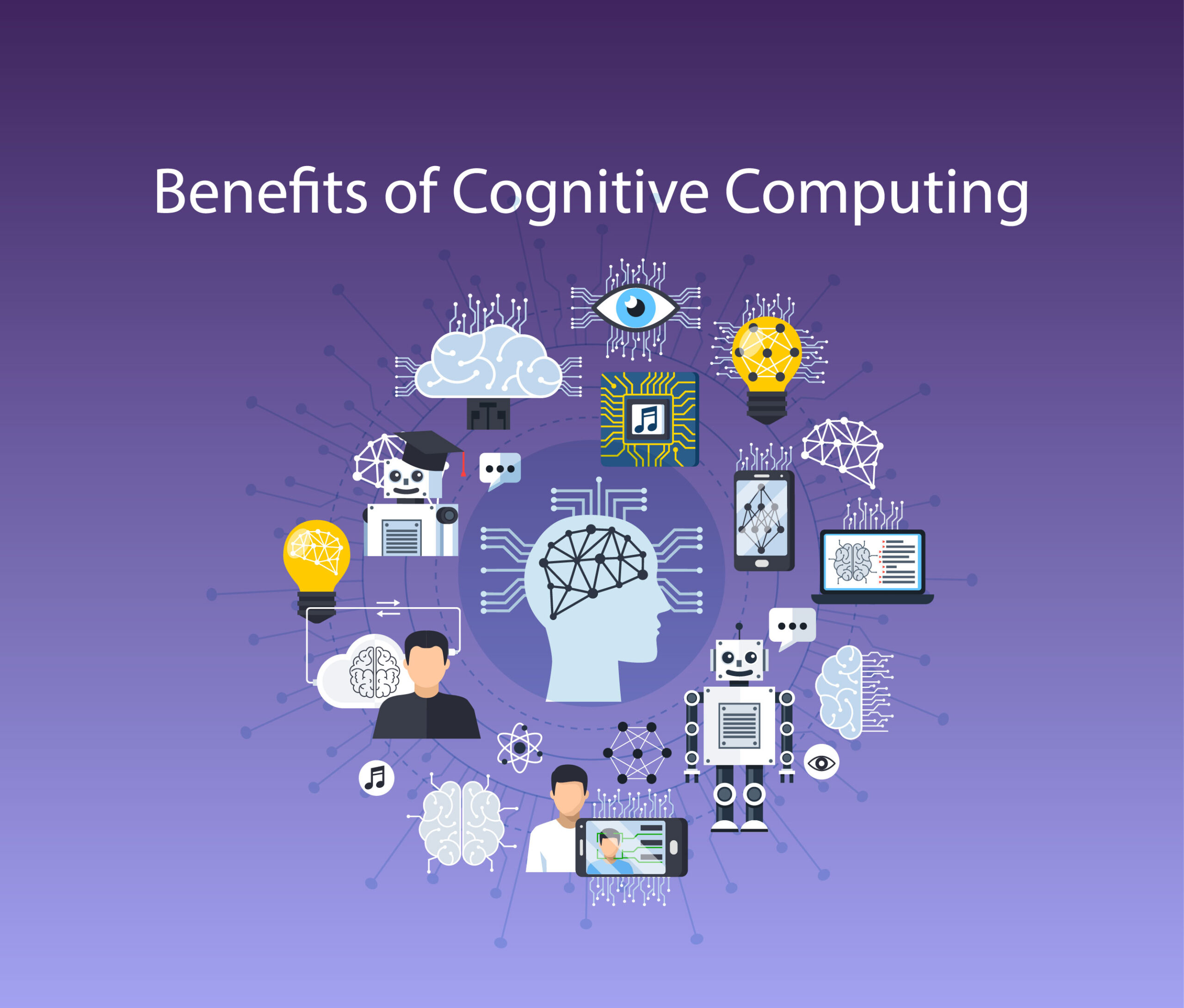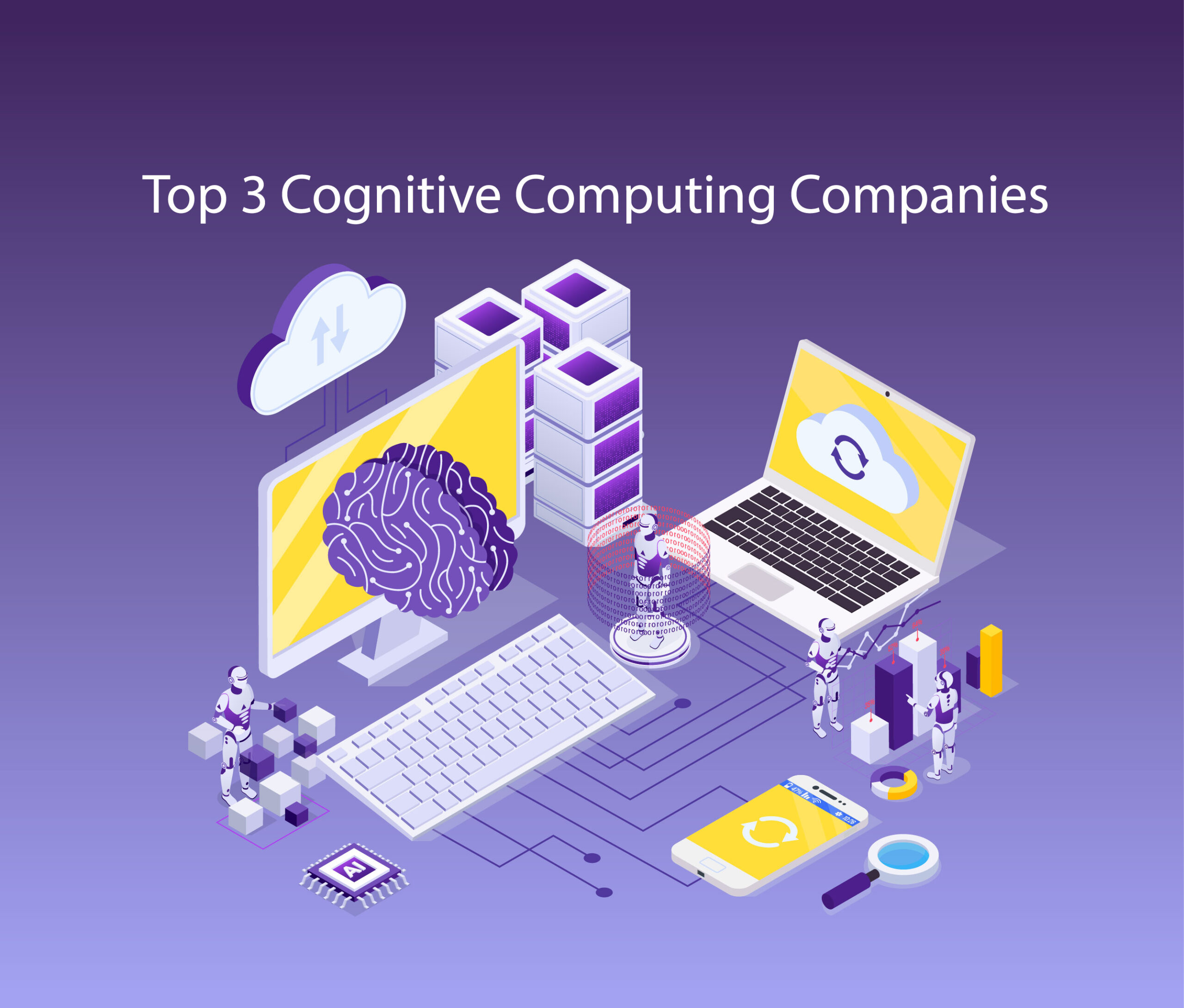AI, ML, big data, and cognitive computing stand as the most awe-inspiring concepts of our era. Far from being mere hype, they are interesting due to their potential for groundbreaking technological advancements – think autonomous vehicles, quantum computation, and natural language processing!
Cognition refers to the intricate mental operations of receiving, storing, developing, transforming, and recovering information. These processes are intertwined with the perception, attention, and memory functions of the Human Brain. Can a Machine replicate such sophisticated brain functions? Absolutely! With the ongoing technological revolution, we witness remarkable feats that continue to astonish us every day!
Let’s talk more about what cognitive computation is and see some of its applications.
What is Cognitive Computing?
Cognitive computing encompasses technology platforms that are inspired by cognitive science and aim to replicate human thinking. It involves artificial intelligence, signal processing, machine learning, natural language processing (NLP), speech and vision recognition, and human-computer interaction (HCI), among other capabilities. You can receive personalized suggestions for various types of writing, such as business documents or academic assignments.
Benefits of Cognitive Computing
 The technology offers numerous advantages for different purposes and settings such as:
The technology offers numerous advantages for different purposes and settings such as:
- Improved decision-making: The technology is capable of analyzing large quantities of data, offering valuable insights that can aid in making well-informed decisions.
- Increased efficiency: Cognitive computing systems have the capability to automate intricate tasks, which ultimately results in improved efficiency and productivity.
- Personalized experience: It has the capability to offer users a unique and tailored experience by comprehending their individual preferences and behaviors.
Cognitive Computing Applications
Cognitive computing has been exemplified through various demonstrations, showing its capabilities in specific domains. One notable example is IBM’s Watson computer, which achieved victory in a game of Jeopardy! in 2011. This accomplishment was made possible through the utilization of DeepQA software, which had been provided with an extensive amount of information from encyclopedias and open-source projects. Another example of the technology is Microsoft’s how-old.net, a widely shared tool that accurately estimates a person’s age and gender based on uploaded images.
At present, the technology is primarily employed in industries that involve extensive data analysis, such as healthcare, finance, and manufacturing. Its ability to handle large volumes of data makes it invaluable in these fields.
Virtual assistants such as Alexa, Siri, and Google Assistant utilize the technology to comprehend spoken language, explore extensive databases of information, and deliver suitable responses in a conversational style.
Financial institutions leverage cognitive computing systems to oversee economic conditions, evaluate financial transactions, and uncover instances of fraud and risk. This enhances adherence to regulations and safeguards against potential threats.
Retailers such as Amazon and Netflix utilize the technology to gain insights into customers’ purchasing patterns and preferences. This enables them to provide personalized product suggestions and targeted promotional offers.
Top 3 Cognitive Computing Companies
 Cognitive computing applications are being harnessed by entrepreneurs and business leaders across various industries to enhance technologies, products, and services driven by machine learning and artificial intelligence (AI). The future implications of these technologies on our lives are becoming evident through their innovative business models.
Cognitive computing applications are being harnessed by entrepreneurs and business leaders across various industries to enhance technologies, products, and services driven by machine learning and artificial intelligence (AI). The future implications of these technologies on our lives are becoming evident through their innovative business models.
Now we will explore three well-known cognitive computing companies and systems leading the field in 2023.
1. VantagePoint AI
VantagePoint is widely recognized as a leader in the field of investment trading software research and innovation. The company has a proven track record of accurately predicting stock movements across diverse sectors such as energy, finance, healthcare, and technology, both in the United States and internationally. By leveraging this tool, traders gain the ability to anticipate market shifts up to three days ahead, enabling them to execute trades with confidence at the most opportune moments.
2. Virgin Pulse
Virgin Pulse provides solutions for different sectors within the healthcare industry, including employers, health insurance plans, hospitals, and patients. Utilizing AI-powered tools, the company helps individuals stay informed about their personal health goals and promotes healthier habits through personalized approaches.
3. LifeLearn
Cognitive technology is not only beneficial to humans but also to veterinarians in improving the treatment of pets and animals in their care. LifeLearn provides veterinarians with a clinical decision-support tool called Sofie, which utilizes cognitive technologies such as the IBM Watson platform to access a comprehensive knowledge base. This knowledge base consists of 40,000 pages of up-to-date, credible, and reliable veterinary resources that have undergone peer review and are evidence-based.
Final Thoughts
Cognitive computing possesses the capability to revolutionize various aspects of life, leading to a transformation in how organizations operate and cater to the demands of customers, stakeholders, and employees. It enables companies to adopt a more information-driven approach and facilitates interactions with systems in a manner resembling human interaction. Furthermore, it consistently learns from past interactions and progressively enhances its performance over time.
With the progression of technology, machines and humans have discovered countless methods to work together. It is anticipated that there will be further developments in capabilities related to the technology in the future. The primary objective of the technology is to leverage data and knowledge in order to enhance experiences, provide value, and foster individual engagement.


